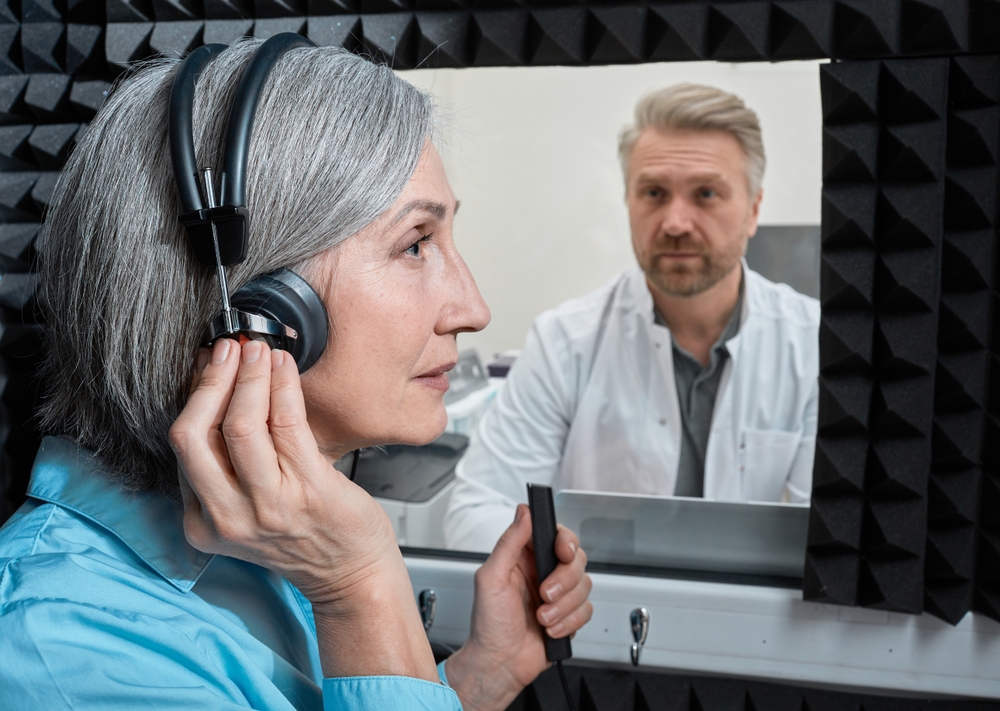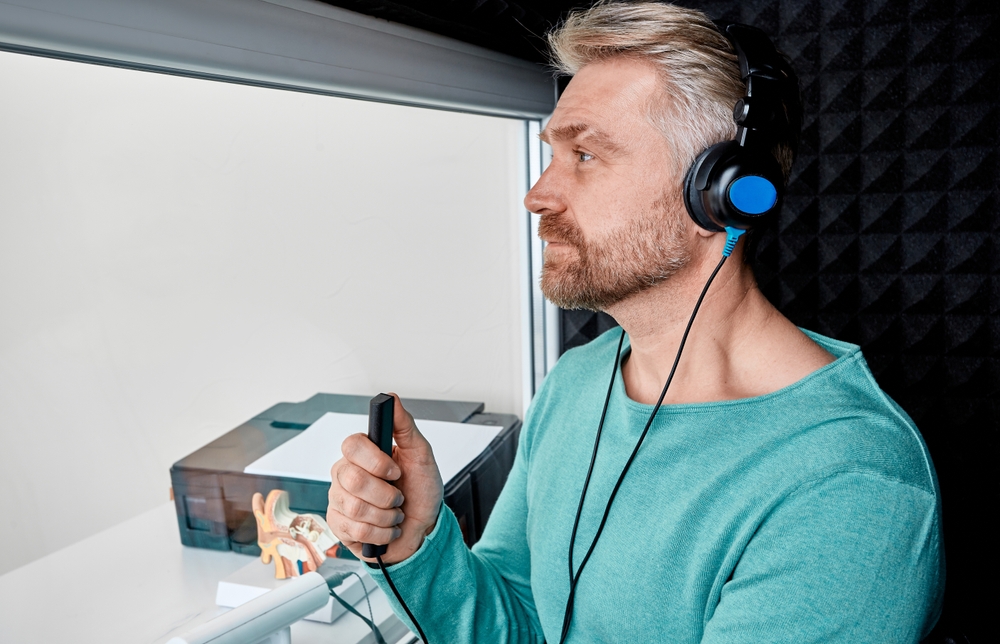Knowing you should protect your ears is one thing. Knowing when to protect your ears is another matter. It’s not as easy as, for example, knowing when to wear sunscreen. (Are you going to go outside? Is there sunlight? You should be wearing sunscreen.) It’s not even as easy as knowing when to wear eye protection (Doing some hammering? Working with a saw or hazardous chemicals? Wear eye protection).
It can feel as though there’s a large grey area when dealing with when to wear hearing protection, and that can be dangerous. Often, we’ll defer to our natural tendency to avoid hearing protection unless we’re given information that a specific place or activity is hazardous.
A tale of risk assessment
In general, we’re not very good at assessing risk, especially when it comes to something as intangible as damage to the stereocilia in the ears or the possibility of long-term sensorineural hearing loss. Let’s take a few examples to prove the point:
- Person A goes to a very loud rock concert. The concert lasts roughly 3 hours.
- Person B runs a landscaping business. She spends a significant amount of time mowing lawns, then goes home to a quiet house and reads a book.
- Person C works in an office.
You might think that person A (let’s call her Ann, to be a little less clinical) might be in more hearing danger. Ann leaves the concert with ringing ears, and she’ll spend most of the next day struggling to hear herself speak. It seems reasonable to assume that Ann’s activity was quite risky.
Person B (let’s call her Betty), on the other hand, is exposed to less noise. Her ears don’t ring. So her ears must be safer, right? Well, not exactly. Because Betty is pushing that mower every day. So even though her ears never ring out with pain, the damage accrues bit by bit. Even moderate sounds, if experienced with enough frequency, can damage your hearing.
Person C (let’s call her Chris) is even less obvious. Lawnmowers come with instructions that point out the dangers of long-term exposure to noise. But while Chris works in a quiet office, she has a very noisy, hour-long commute every day on the train. In addition, she sits at her desk and listens to music through earbuds. Does she need to think about protection?
When you should worry about protecting your ears
The general rule of thumb is that if you have to raise your voice to be heard, your environment is noisy enough to do damage to your ears. And if your environment is that noisy, you should consider wearing earplugs or earmuffs.
If you want to think about this a little more clinically, you should use 85dB as your cutoff. Sounds above 85dB have the potential to cause damage over time, so you should consider wearing hearing protection in those situations.
Your ears don’t have a built-in decibel meter to warn you when you reach that 85dB level, so many hearing specialists recommend downloading special apps for your phone. These apps can tell you when the ambient sound is approaching a dangerous level, and you can take appropriate steps.
A few common examples of when to wear hearing protection
Even if you do download that app and take it with you, your phone might not be with you everywhere you go. So a few examples of when to protect your ears might help you develop a good baseline. Here we go:
- Exercise: You know your morning spin class? Or even your evening yoga session? You might consider wearing hearing protection to each. Those instructors who use microphones and sound systems (and loud music) to motivate you might be good for your heart rate, but all that volume is bad for your hearing.
- Driving & commuting: Spending all day as an Uber or Lyft driver? Or maybe you’re just hanging around downtown for work or getting on the subway. The constant noise of city living–when experienced for 6-8 hours a day–can cause damage to your hearing over the long term, especially if you’re turning up your music to hear it over the din, or driving with your windows open.
- Using power tools: You know that working all day at your factory job is going to require hearing protection. But what if you’re just puttering around your garage all day? Most hearing specialists will recommend you wear hearing protection when using power tools, even if it’s just on a hobbyist basis.
- Household chores: We already talked about how something as simple as mowing the lawn, when done often enough, can require hearing protection. Cutting the grass is a good example of the kind of household chore that might cause damage to your hearing but that you probably don’t think about all that often. Some other chores are also very loud, like using the vacuum cleaner.
- Listening to music with earbuds. OK, this doesn’t require protection but does require caution. Pay attention to how loud the music is, how long you’re playing it, and whether it’s going directly into your ears. Consider getting headphones that cancel out outside noise so you don’t have to turn up the volume to dangerous levels.
These examples might give you a good baseline. When in doubt, however, you should defer to protection. In most cases, it’s better to over-protect your ears than to leave them exposed to possible damage down the road. Protect today, hear tomorrow. Think you might have already damaged your ears? Get a hearing test.



